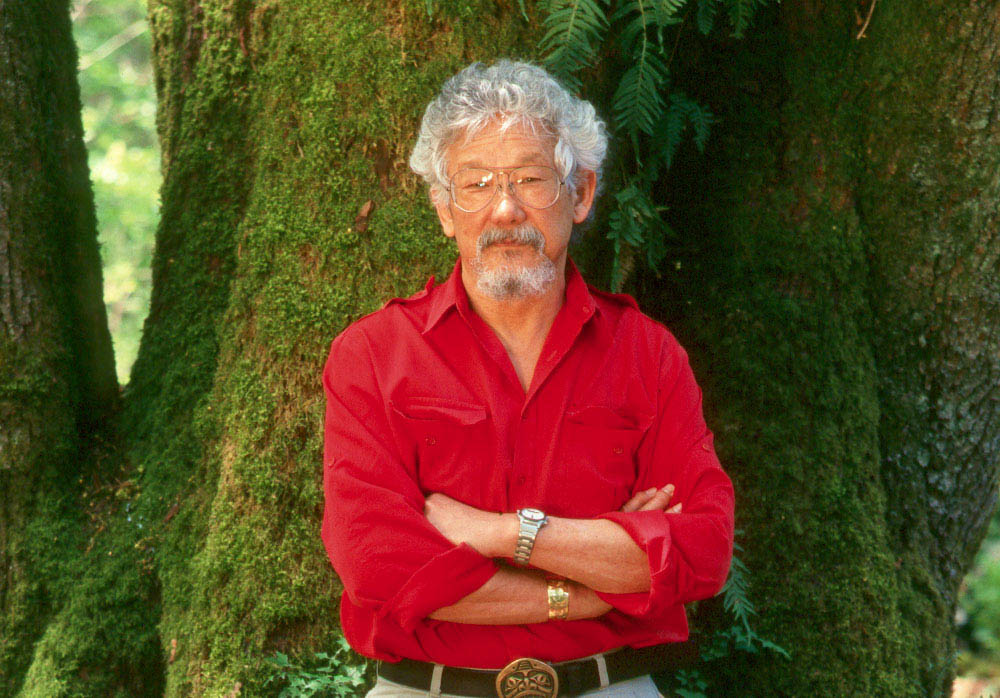As scientists warn that we’ve pushed the planet “well outside the safe operating space for humanity” and young people march for their futures, the fossil fuel industry campaigns to keep its products, and the world, burning.
Industry’s push for continued global energy market dominance accounts for the climate emergency in the most cynical way. Most of its proposed climate “solutions” are expensive ways to enable continued digging, fracking, pumping and profiting as the world overheats. Rather than helping rapidly transition from products proven to be fuelling an accelerating crisis, companies are backing away from renewable energy and doubling down on polluting products such as oilsands bitumen.
Touting fracked methane gas as a “natural” transition fuel, and promoting expensive, largely unproven technologies like carbon capture as solutions to rising emissions — and asking taxpayers to subsidize them — are some ploys industry is using to stay alive and make money, no matter the consequences to human lives and planetary health.
Executives admit that technologies such as carbon capture are designed to help preserve their interests. “This gives our industry a license to continue to operate for the 60, 70, 80 years that I think it’s going to be very much needed,” Occidental Petroleum head Vicki Hollub said of carbon capture at a conference this year.
“We are going to pay an oil company to pump crap out of the ground and then pay them to put some back in — it’s plainly obvious this isn’t a climate solution,” Project Drawdown executive director Jonathan Foley said in the Guardian.
The industry is also on a global campaign to sell “natural” gas, often using misleading or false information in the face of research showing, for example, that heat pumps are far more cost-effective, efficient and less polluting than gas — even in cold winter months!
We’re experiencing the consequences of continued reliance on fossil fuels: heat domes, droughts, floods, insect infestations, water shortages, more extreme and unpredictable weather, climate migrants… Industry’s own scientists warned as far back as the 1950s that using oil, gas and coal as intended could cause such impacts.
We’ve had decades to transition to a clean energy economy, but industry and its front groups, media allies, PR companies and “captured” politicians have slowed progress to the point where rapid and far more disruptive change is now needed.
An assessment in Science Advances found six of nine “planetary boundaries” — global system thresholds — have been crossed and we’re on the brink of two others. Four of the most vital biological boundaries are at or near the highest risk level. This means “the systems have been driven far from the safe and stable state that existed from the end of the last ice age, 10,000 years ago, to the start of the industrial revolution,” the Guardian reports.
Although the boundaries don’t mark irreversible tipping points, “they are points after which the risks of fundamental changes in the Earth’s physical, biological and chemical life support systems rise significantly.”
Boundaries have been exceeded in biosphere integrity, climate change, novel entities (synthetic chemicals and substances, nuclear waste and weapons, etc.), land system change, freshwater change and biogeochemical flows. We’re also reaching critical points for ocean acidification and atmospheric aerosol loading. The only one we’ve retreated from is “stratospheric ozone depletion,” thanks to the 1987 Montreal Protocol on Substances that Deplete the Ozone Layer — demonstrating that international cooperation works!
“If you want to have security, prosperity and equity for humanity on Earth, you have to come back into the safe space and we’re not seeing that progress currently in the world,” said former Stockholm Resilience Centre director Johan Rockström, who led the team that developed the boundaries framework.
Why aren’t we seeing that progress? The fault lies largely with the fossil fuel industry, which has used false and deceptive information to sow doubt and confusion about the ever-increasing evidence of its role in the crisis — often contradicting its own scientists — to slow or stall climate action. But we’re also living with outdated economic systems based on a limited understanding of nature and our place in it.
Enough is enough. We must listen to scientists, youth, Indigenous Peoples and environmentalists. We have to reject industry deception and embrace new ways of seeing and being that respect nature and its limits.
David Suzuki is a scientist, broadcaster, author and co-founder of the David Suzuki Foundation. Written with David Suzuki Foundation Senior Writer and Editor Ian Hanington.
Learn more at davidsuzuki.org.





